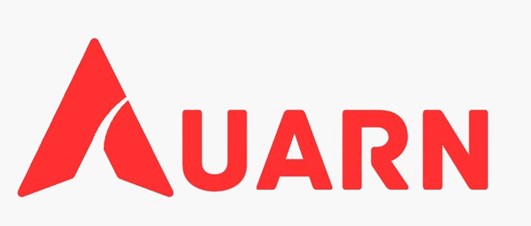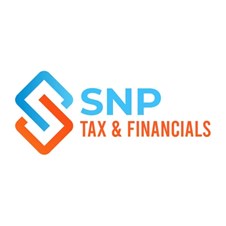Essential Tax Tips for First-Time Filers: A Comprehensive Guide
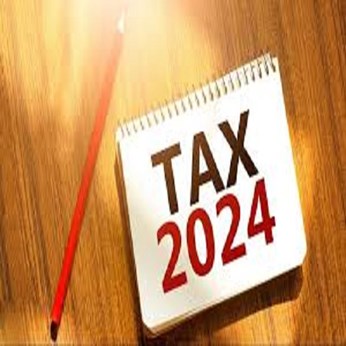
Filing taxes for the first time can be daunting, but with the right guidance, you can navigate this adulting milestone with ease. Here are some essential tips to help you get started.
1. Determine If You Need to File
If you can be claimed as a dependent on another taxpayer’s return and you’ve earned more than $13,850 in the tax year, you’ll need to file. Even if you didn’t have a job but made more than $1,250 in unearned income (like interest from investments), you are required to file. Filing a return is also the only way to get a tax refund if you had taxes withheld from your paycheck.
2. Start Early
The sooner you start your tax return, the sooner you can receive your refund. Begin by gathering all necessary documents, such as W-2 forms from employers or 1099 forms if you were a contractor. This will help you avoid last-minute stress.
3. Gather Necessary Documents
You’ll need personal information, W-2 forms from each employer, or 1099 forms if you were a contractor. Also, gather any additional forms that show big expenses, like education costs, which can be noted in your return.
4. Stay Organized
Being organized is crucial when dealing with the IRS. Keep all your documents in one place and make sure you have everything you need before you start filing.
5. Consider Professional Help
If you’re unsure about any part of the process, consider consulting a tax professional. They can provide valuable insights and ensure you’re taking advantage of all possible deductions and credits.
6. Use Online Resources
There are many online tax filing programs that can simplify the process. These tools often provide step-by-step guidance and can help you avoid common mistakes.
7. Understand Tax Deductions and Credits
Familiarize yourself with common tax deductions and credits that you might be eligible for. This can significantly reduce your taxable income and increase your refund.
8. File Electronically
Filing your taxes electronically is faster and more secure than mailing a paper return. Plus, you’ll receive your refund quicker if you choose direct deposit.
9. Keep Records
Maintain copies of your tax return and all supporting documents for at least three years. This is important in case you need to reference them in the future or if you’re audited by the IRS.
10. Plan for Next Year
After filing, take note of any challenges you faced and plan to address them next year. This might include adjusting your withholding or setting up a better system for organizing your documents.
By following these tips, you can confidently tackle your first tax filing experience and set yourself up for future success.
Searching for Financial & Taxation Services? Let’s make your search simple with professionals!
Take your Financial & Taxation Services to the next level with Sulekha. Boost your online visibility, connect with more clients, and grow effortlessly!
Blogs Related to Financial & Taxation Services

Do You Know the Difference Between Grants and Student Loans?
Do You Know the Difference Between Grants and Student Loans? When planning for college financing

Are Long-Term Care Policies Worth It?
Are Long-Term Care Policies Worth It? Planning for long-term care is an essential step in securing your financial future and protecting your assets. Long-term care insurance helps cover expenses

How Can a Strong Cash Flow Strategy Make You More Profitable?
How Can a Strong Cash Flow Strategy Make You More Profitable? Cash flow is the lifeblood of any business. A strong cash flow strategy goes beyond profitability on paper by ensuring that your business has enough liquid assets to meet obligations and
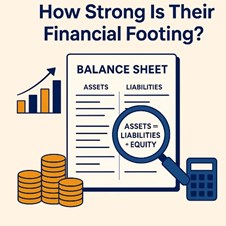
How Strong Is Their Financial Footing? A Guide to Analyzing the Balance Sheet
How Strong Is Their Financial Footing? A Guide to Analysing the Balance Sheet Understanding a company’s financial footing is crucial for investors, creditors, and business owners. The balance sheet, one of the core financial statements
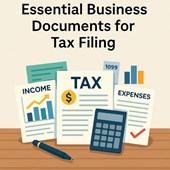
What Documents Do You Need for a Stress-Free Business Tax Season?
What Documents Do You Need for a Stress-Free Business Tax Season? Running a business means managing many moving parts, and tax season is often one of the most challenging times. Minimising stress and ensuring accurate filing starts with organising e
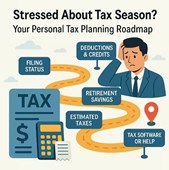
Stressed About Tax Season? Here's Your Personal Tax Planning Roadmap
Stressed About Tax Season? Here's Your Personal Tax Planning Roadmap Tax season can be a stressful time for many, especially for H1 visa holders, Green Card holders, and U.S. citizens navigating complex tax laws. However, personal tax planning throu

